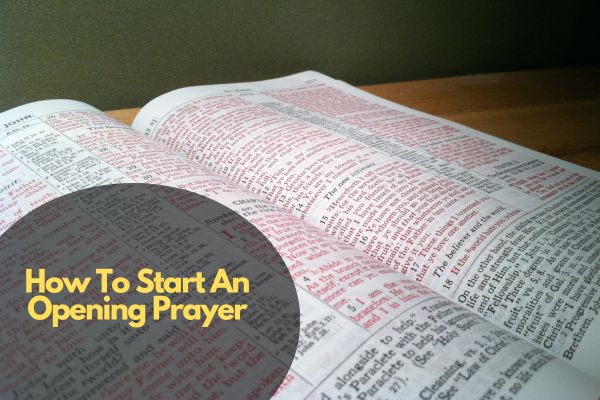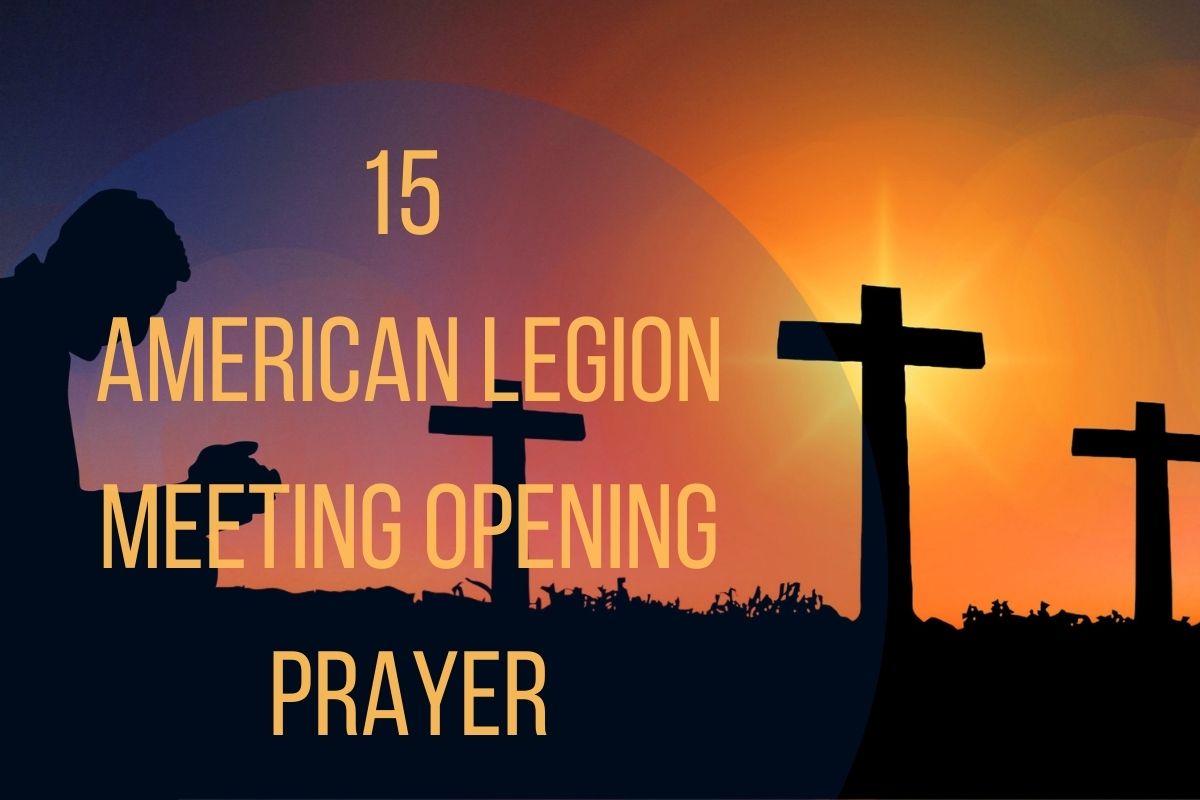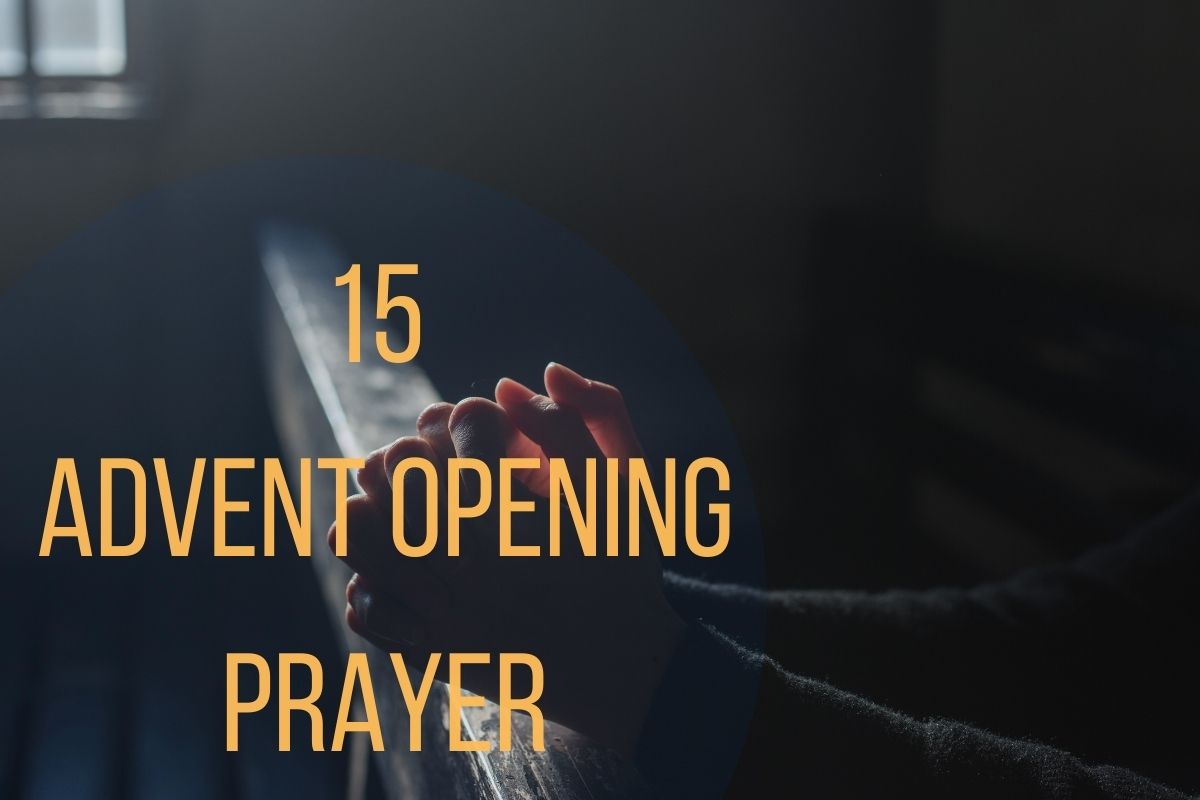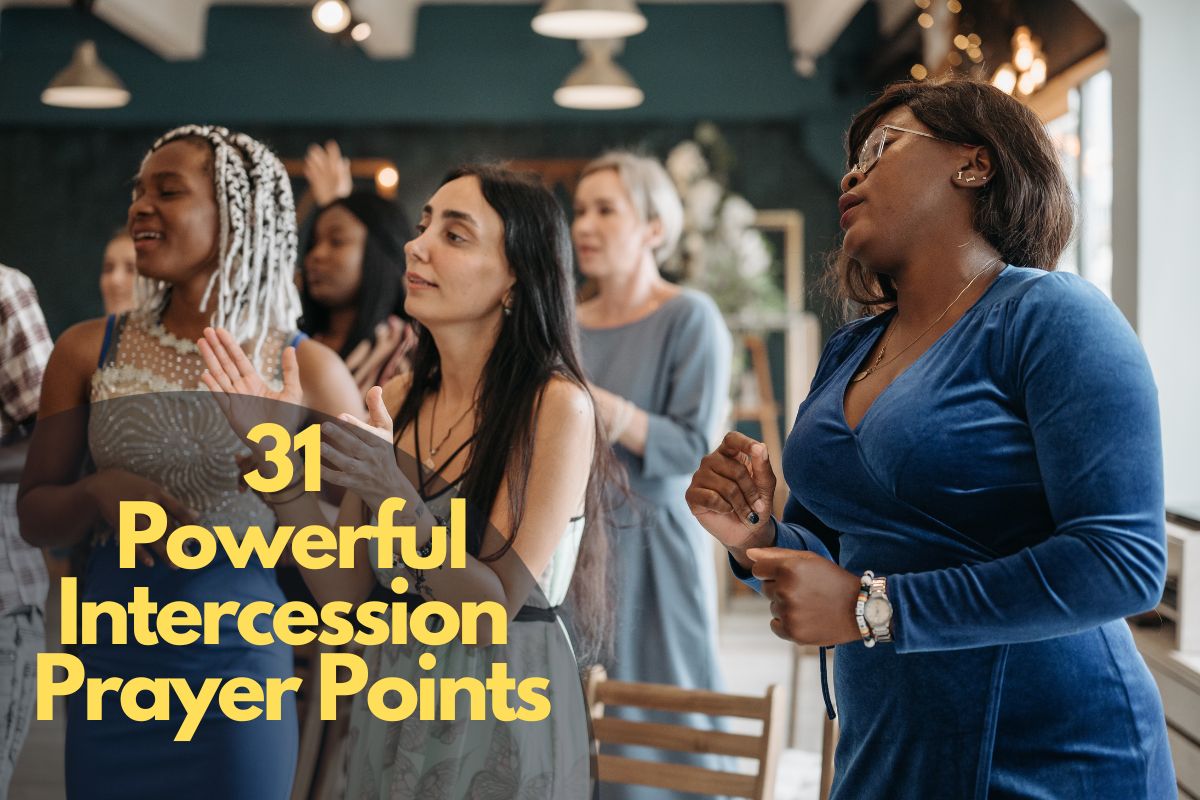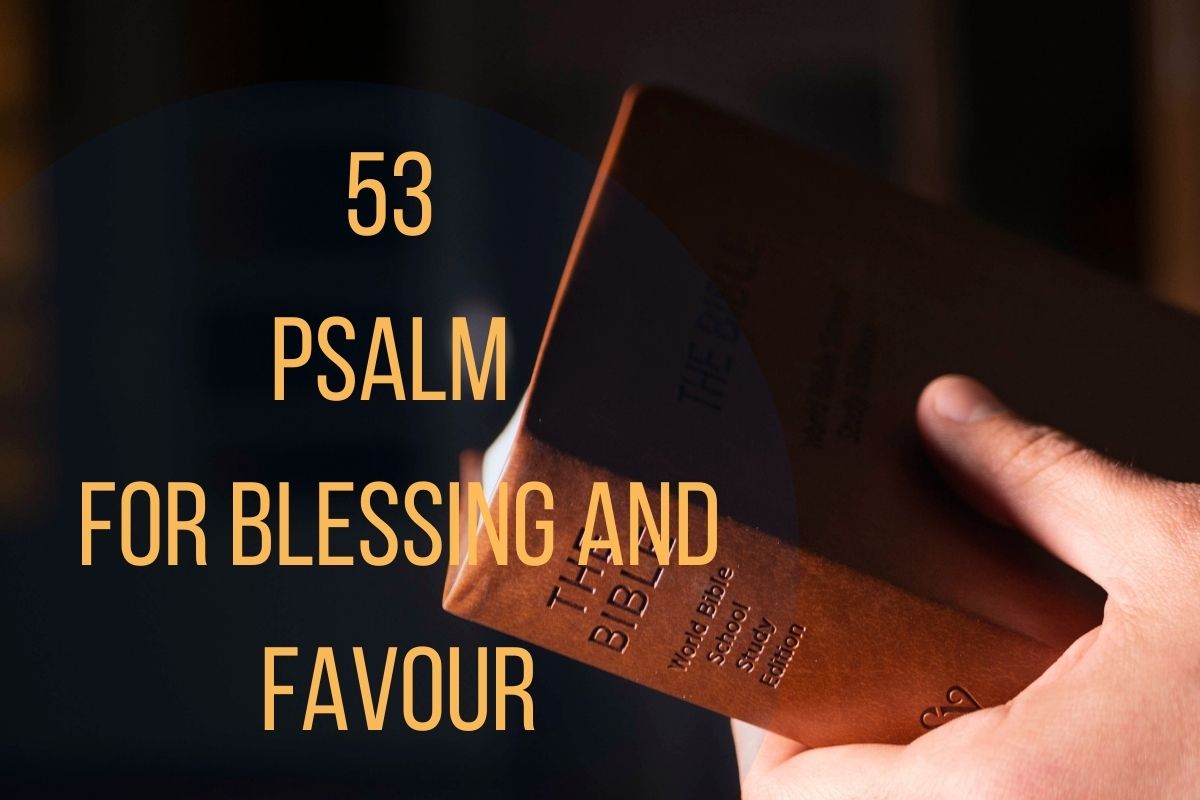How to Start an Opening Prayer for a Gathering is a significant task that can establish the atmosphere for religious events, meetings, or private times of introspection. Creating a sacred environment through the art of crafting an opening prayer entails blending words of reverence, gratitude, and purpose.
In this investigation, we examine the components that make up a significant and effective opening prayer, guiding how to begin such a critical time in many contexts. Starting an opening prayer is a transforming act that goes beyond language and resonates with the common essence of the event, whether one is addressing a higher power or the spirit of the group.
How To Start An Opening Prayer
There are numerous ways to begin an opening prayer; the most effective strategy will depend on the situation and the tone you want to set. The following advice will help you get started:
For Christianity
1. Acknowledge God’s presence.
Simply begin with a direct address: “Dear God,” “Heavenly Father,” or “Almighty God.”
Express gratitude for His presence: “Thank you for being with us here today.”
Invoke His blessings: “May Your Spirit fill this place with peace and love.”
2. Set the tone for the gathering
Reflect on the occasion: “As we gather to celebrate, work, or learn together…”
Acknowledge shared experiences or challenges: “In this time of uncertainty, joy, and gratitude…”
Call upon His guidance: “Help us to focus our hearts and minds on Your purpose for us today.”
3. Offer praise and thanksgiving.
Express gratitude for His blessings: “Thank you for the gift of life, family, community, and creation.”
Praise His attributes: “We praise You for Your love, grace, mercy, and righteousness.”
Confess any shortcomings and seek forgiveness: “Forgive us for our mistakes and help us to walk in Your light.”
Tips on how to start an opening prayer
1. Tending to Your Audience
In a strict setting, start by tending to the heavenly, communicating worship and affirmation. Tailor your words to line up with the particular strict convictions of your gathering.
In a more mainstream setting, pick a comprehensive language that reverberates with everyone present. Phrases like “Dear Soul,” “Incredible Wellspring of Shrewdness,” or a basic affirmation of the collected people create a comprehensive and welcoming climate.
2. Recognizing the Occasion
Give a concise affirmation of the motivation of the social event, establishing the request in the meaning existing apart from everything else. Whether it’s a festival, a gathering, or a common intelligent space, interfacing the request with the event adds profundity and pertinence.
3. Communicating Gratitude
Pause for a minute to offer thanks to the higher power, the universe, or the quintessence of life itself. Recognize the favors shared, going from the endowment of life and local area to explicit parts of the event. Appreciation sets a positive and thankful tone for the request.
4. Making a Particular Request
Well-spoken, a particular solicitation for direction, backing, or gifts. Whether looking for harmony, intelligence, understanding, or characteristics pertinent to the get-together, expressing these goals encourages a feeling of direction and association.
5. Offering Blessings
Finish up the request by stretching out endowments to those present. Want well for people, the occasion, or any difficulties ahead. This signal creates a feeling of solidarity and shared good energy, cultivating a strong climate.
6. Keeping it Basic and Genuine
Make progress toward straightforwardness in language, staying away from excessively complex religious ideas or unreasonably elegant articulations. Talk from the heart, utilizing words that resonate really with both you and your crowd. Credibility upgrades the earnestness and effect of the request.
7. Summoning Shared Values
Consider consolidating components that resound with the common upsides of the gathering. Whether it’s an emphasis on empathy, solidarity, or a shared objective, adjusting the request to these common qualities builds up a feeling of aggregate reason.
8. Embracing Variety
Assuming that your social occasion incorporates people from different foundations, recognize and respect this variety in your request. Use language that reflects inclusivity and regard for fluctuating convictions, creating an environment where everybody feels esteemed and included.
9. Motivating Reflection
Incorporate snapshots of quiet or thought inside the request, permitting people to think about the message passed on. This welcomes a more profound association with the request’s feelings and empowers a careful presence.
10. Adjusting to the Setting
Tailor the tone and custom of the request to suit the setting. For a conventional gathering, a more organized and brief petitioning style might be suitable, while an easygoing social event might take into consideration a more casual and conversational methodology.
11. Intensifying Inspiration
Mix your request with positive assertions and confident language. By zeroing in on good faith and potential, the request turns into a wellspring of consolation, elevating the aggregate soul of the social occasion.
12. Empowering Investment
If reasonable for the specific circumstance, support cooperation from others in the request. This can appear as aggregate reactions, snapshots of shared reflection, or the chance for people to contribute their aims or favors.
13. Staying Aware of Time
Be aware of the length of the request, guaranteeing that it supplements the general timetable of the social event. Finding some kind of harmony among profundity and quickness guarantees that the request upgrades the experience without eclipsing different components of the occasion.
Conclusion
As we draw to a close our examination of the opening prayer, we acknowledge the significant influence that well-chosen language has in determining the ambiance of a meeting. A careful balance of inclusivity, sincerity, and recognition of the group goal is needed while beginning an opening prayer, whether one is negotiating religious customs or promoting secular periods of contemplation.
Every component, from addressing the audience to expressing thanks, articulating particular requests, and bestowing blessings, adds to the fabric of collective experiences. May these thoughts help us to create moments of inspiration, connection, and introspection that touch the hearts and minds of everyone in attendance as we begin the holy act of starting a prayer.
